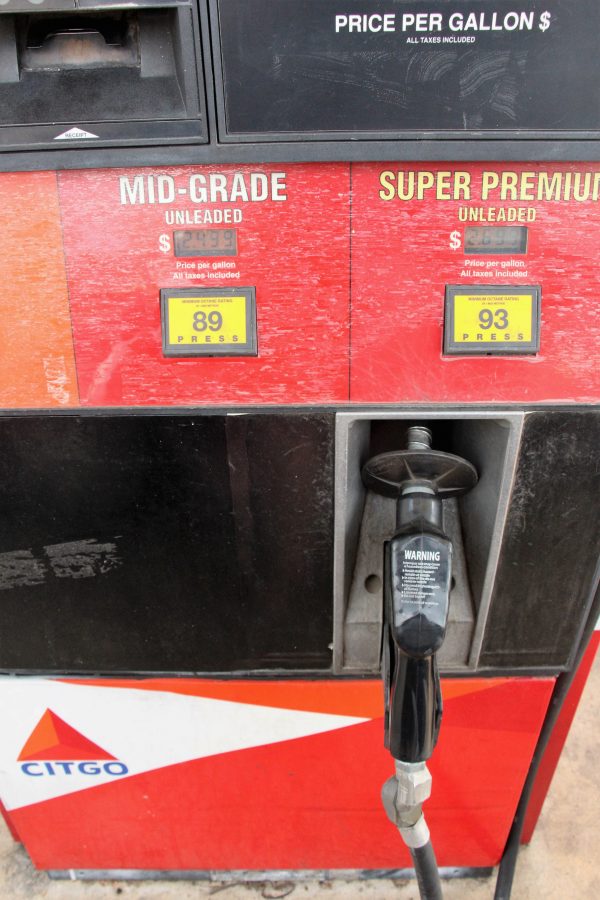On Sept. 9, a mining inspector discovered a gas leak in a pipeline in Shelby County, Alabama. The pipeline, which runs from Texas to New Jersey and serves thirteen states, lost roughly 300,000 gallons of fuel, leading to declared states of emergency in both Alabama and Georgia.
The pipeline has since been shut down in order to control the spill and repair the line. Colonial Pipeline Company, the company that owns the pipeline, has not provided a timeline for the repair and reopening of the pipeline. In the meantime, Colonial Pipeline has said that it will build a bypass line to compensate for the loss of this key pipeline.
Though extensive ecological damage was avoided, many people in the southeast are currently feeling the economic effects of the spill. According to The Wall Street Journal citizens in North Carolina, Georgia, and Tennessee have seen an increase in gas prices ranging from five to even twenty cents per gallon. In Atlanta, the per-gallon prices increased thirty-one cents on average. Prices in Tennessee have increased, on average, ten cents per gallon, though some areas saw increases at as much as thirty cents a gallon The effects extend as far as Maryland, where citizens of Baltimore have seen a nine cent per-gallon increase on average. Despite these dramatic changes, most affected states have seen prices stay below $2.50 per-gallon.
The pipeline, built in 1963, carries roughly 40 percent of all fuel for the East Coast. The pipeline was a key artery in the fuel pipeline configuration of the Southeast, providing fuel for numerous offshoot lines.The initial loss of fuel, coupled with the current and future loss of fuel perpetuated by the shutdown of the line, led to the extreme price increases in North Carolina, Georgia, and Tennessee, The Wall Street Journal reports. Gas stations in more populated areas have been hit the hardest, some operating with very few gallons left and others running out of gas entirely.
Though Colonial Pipeline Company has provided no definite timeline for the repair of the pipeline, the use of bypass lines and the work of truck drivers delivering fuel should alleviate the strain caused by the spill. The effects of the spill are expected to be constrained only to the temporary increase in gas prices, thus providing Southerners some necessary peace of mind.









